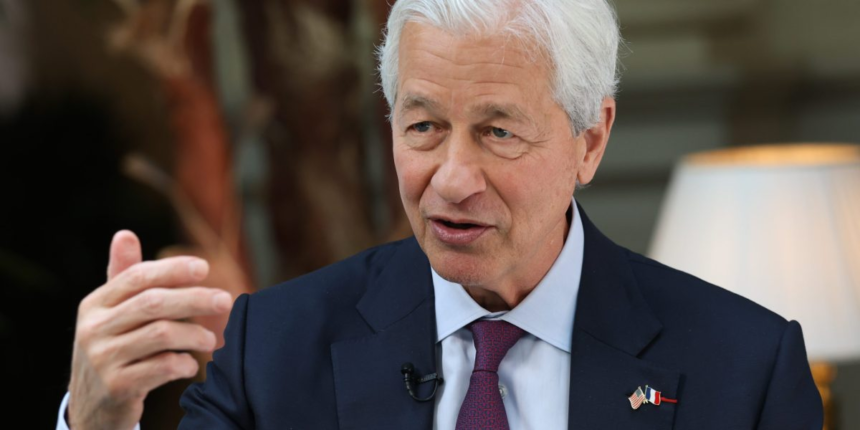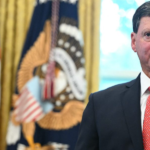If there is a Dimon mantra, it is don’t blow up, by which he means you should try to be cautious when everyone else is excited about something. They are going to explode eventually from their excitement, he explained, and it’s your job to work to prevent that.
“There’s always this ecosystem—everyone’s doing it, everyone’s okay, this time is different. History teaches you a lot,” Dimon said. He insists that his team stress test for “the fat tails”—the catastrophic events most believe will never occur. Whenever he hears someone argue that a market event is too rare to matter, he said he points to past crashes and insists that it can and will happen, even often.
“Leverage kills you. Aggressive accounting can kill you,” Dimon said. His approach prioritizes long-term survival over short-term profit maximization, even when it means JPMorgan’s results lag riskier competitors in boom years. That’s a trade-off he accepts gladly: “You might do worse than others in the good times, but you’re still there when the dust clears.”
Dimon’s philosophy was forged in his adolescence, shaped by his father’s old-school lessons, and battle-tested in every calamity since. In a world that prizes bold bets and outsized returns, his advice echoes as a warning—and a model for enduring success: “Don’t blow up.”
JPMorgan declined to comment beyond Dimon’s remarks on the podcast.
For this story, Fortune used generative AI to help with an initial draft. An editor verified the accuracy of the information before publishing.









